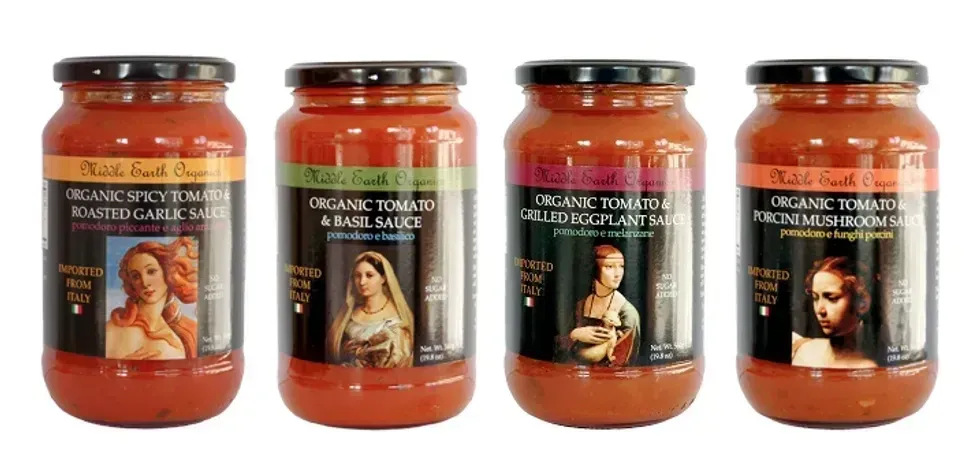Billions of people lack access to sanitation and clean drinking water. Three innovative ideas could solve that problem.
When it comes to global water issues, the numbers are not pretty: 2.5 billion people (that's nearly half the world's population) live without safe sanitation. About 1 billion still defecate in the open, and that same number do not have access to safe drinking water. And yet Paul Faeth, the president of Global Water Challenge, is optimistic. As the head of a 24-member coalition of organizations whose stated mission is to achieve universal access to safe water and sanitation, Faeth encounters those dismal numbers on a daily basis. And yet, he's more interested in talking about solutions. "That is the more interesting aspect," he says, "because this is a solvable problem. We have the technology and the know-how to solve this." Here are three examples of solutions that could change the way the world drinks. And cleans. And, yes, poops.PROBLEM In the slums of Nairobi, Kenya, as elsewhere, open defecation is still the norm. This causes serious and expensive health problems (typhoid fever is common), imperils women who do not have access to safe, private toilets, and contaminates drinking water-especially during the wet season when the rain washes human waste into the Mathare River.SOLUTION Ecotact, founded by a local architect named David Kuria, got the okay from the city of Nairobi to put pay-per-use public toilets downtown every 1,600 feet. They cost pennies to use and employ 11 people each to help service and maintain them. Now Kuria is expanding with an adapted model in the Mathare slums, which have the most severe problems. The new model, the Ikotoilet, is a small building that not only offers toilets but also safe, clean showers, all the water you can use, an area to wash clothes, and a pharmacy.SAYS FAETHCOST TO INDIVIDUALS The downtown toilets cost about $.03 per use. The Ikotoilets cost an entire family just under $2 per month. Payback period for initial investment The downtown public toilets have a payback period of nine months, paid for by user fees. Payback for Ikotoilets is three years.PEOPLE SERVED (GOAL) All 600,000 people living in the Mathare slums, and 1,000 people per day in the city centers.SCALABILITY FACTOR High. Kuria is already expanding to other slums in Nairobi, and both models could easily be replicated in other countries.IMPEDIMENTS Financing. But the Global Water Challenge has already invested in the first 10, and East African Breweries, Ltd., matched that with another 10.EXPANSION TARGET Ninety more facilities throughout Kenya in schools, bus stations, and markets.PROBLEM Access to clean drinking water continues to be a concern for many Rwandans, especially in secondary schools, and modern sanitation is still the exception rather than the rule. Further complicating things, schools in Rwanda use wood-a limited resource-to boil water to make it safe.SOLUTION The Manna Energy Foundation partnered with Engineers Without Borders to create an innovative water-filtration system that will eventually reach all Rwandan secondary schools. Paid for by certified carbon credits purchased in Europe, Manna has engineered a rainwater-collection-and-filtration system that pumps the water through a solar-powered UV light to kill bacteria. Waste from toilets and kitchens is biodigested, which creates enough energy to power the lights and stoves.SAYS FAETHCOST TO INDIVIDUALS Nothing. Neither the schools nor the students pay a cent.PAYBACK PERIOD FOR INITIAL INVESTMENT Manna is confident that in a 14-year period, an initial investment of $20 million can generate more than $100 million in revenue from the carbon credit sales-at least $40 million of that profit.PEOPLE SERVED (GOAL) More than 250,000 students, staff, and faculty.SCALABILITY FACTOR With the right investment, huge. The model works, and is completely emissions-free, so this could be a great plan for expansion in other countries.IMPEDIMENTS Financing-there's that aforementioned $20-million investment.EXPANSION TARGET All 500 secondary schools in Rwanda, at no cost to the schools.PROBLEM Groundwater contamination is still a large problem in many parts of India, particularly rural areas: 1,600 people die every day because of diarrhea-often caused by unsafe drinking water. Mothers and newborns are particularly at risk, and medical expenses are one of the leading causes of sending people back into poverty once they've emerged.SOLUTION The Naandi Foundation is working with Tata, the Indian conglomerate, and other funders to put community-owned and -operated water kiosks with safe drinking water in villages all over India. Their water filtration system uses a transportable reverse-osmosis mechanism and sells water to locals at low rates-350 kiosks have already been erected.SAYS FAETH "They're putting in forty of these a month in very poor rural areas, and it looks like a very viable model that could be easily replicated."COST TO INDIVIDUALS Four cents for a 20-liter bucket. That's about $14 per household per year.PAYBACK PERIOD FOR INITIAL INVESTMENT Each kiosk costs approximately $15,000 and serves 5,000 people. Kiosks are usually paid back (in user fees) in three years.PEOPLE SERVED (GOAL) Five million people, many in rural areas, by 2012.SCALABILITY FACTOR High. The kiosks are very inexpensive and easy to build.IMPEDIMENTS Financing for a major expansion of the effort, which could cost around $21.5 million.EXPANSION TARGET There are 1,000 villages without access to safe water, according to Naandi, and they would like to reach all of them.Remember Hippo Rollers?Hippo Rollers, an organization we profiled last year, designed a wheel-shaped bucket that women could fill with water and roll instead of carry long distances from their water source. The first iteration was too expensive to ship effectively. They've since been redesigned to solve the problem. Learn more at
NOW WHAT?
Learn about access to safe water at globalwaterchallenge.org.














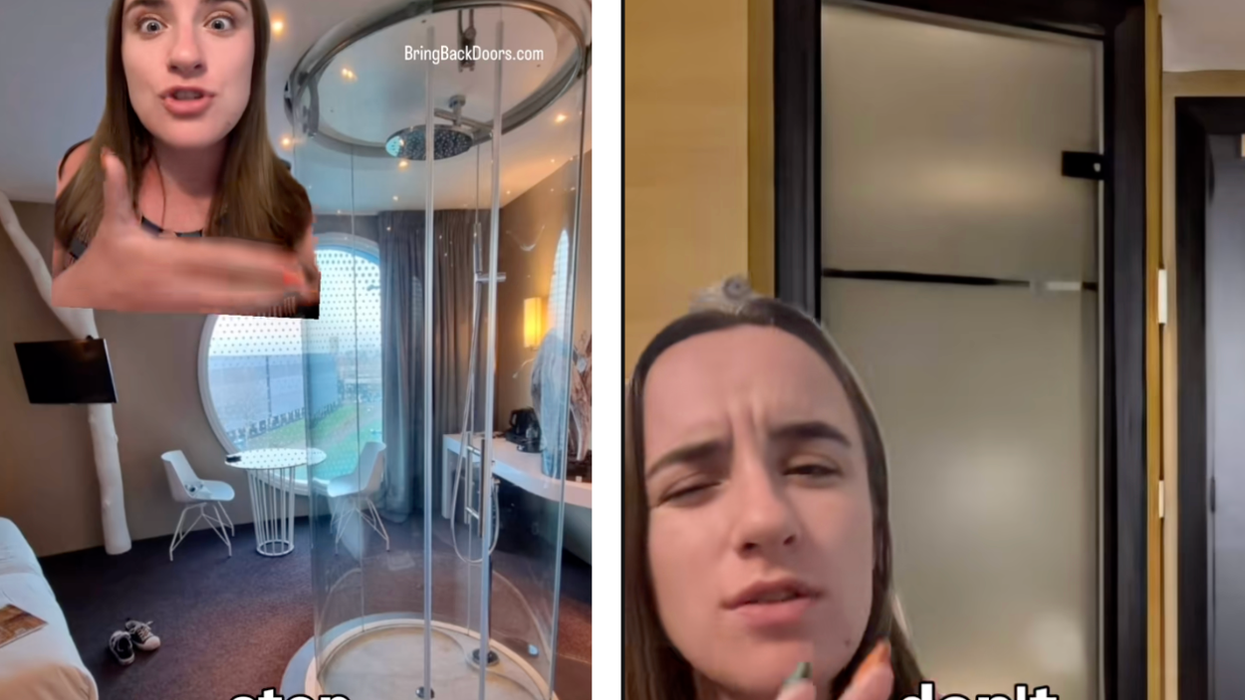
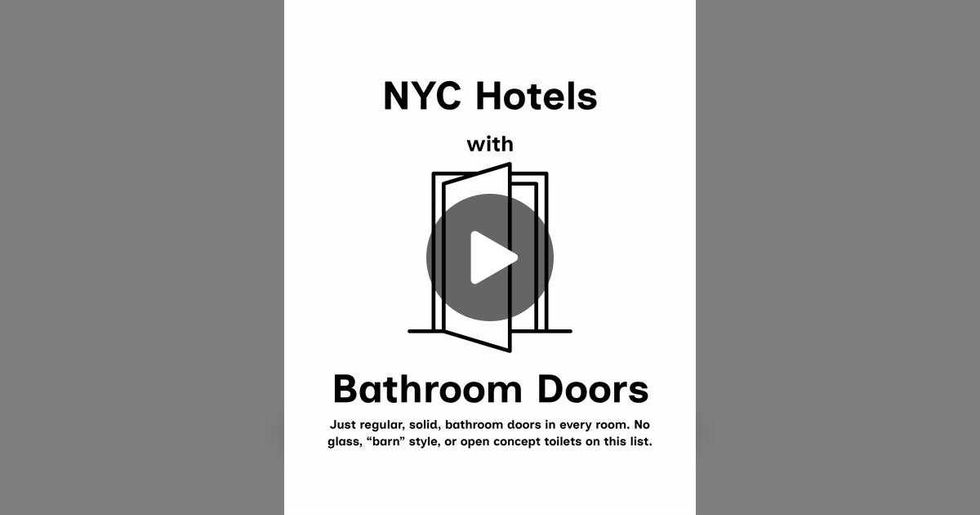 TikTok · Bring Back Doors
TikTok · Bring Back Doors 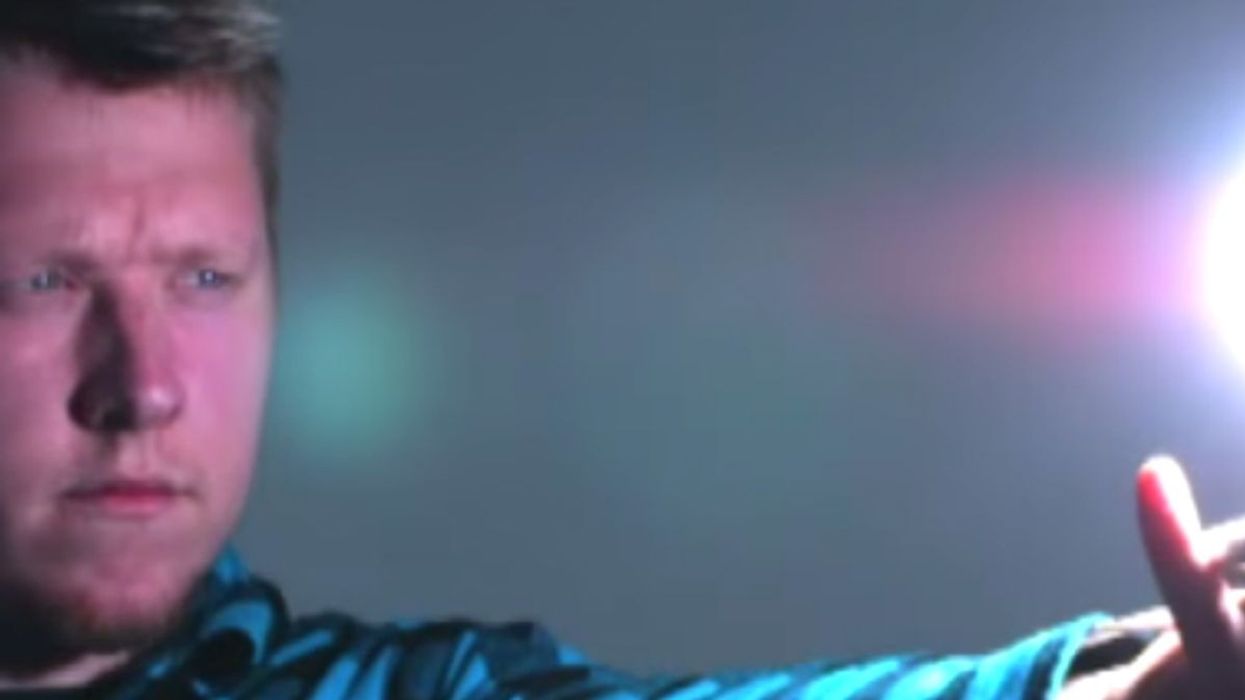
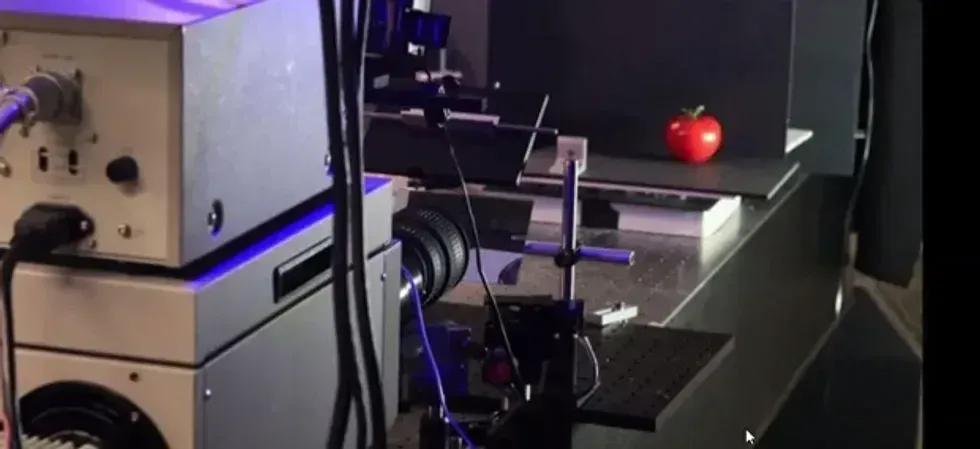
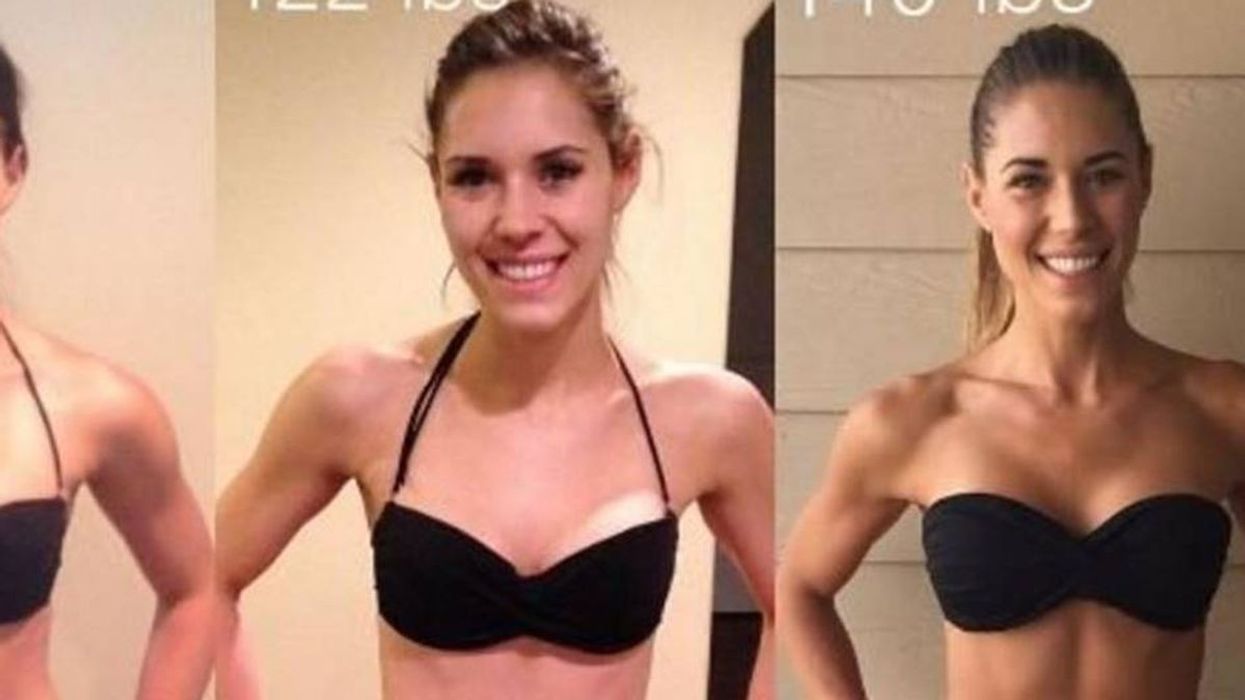

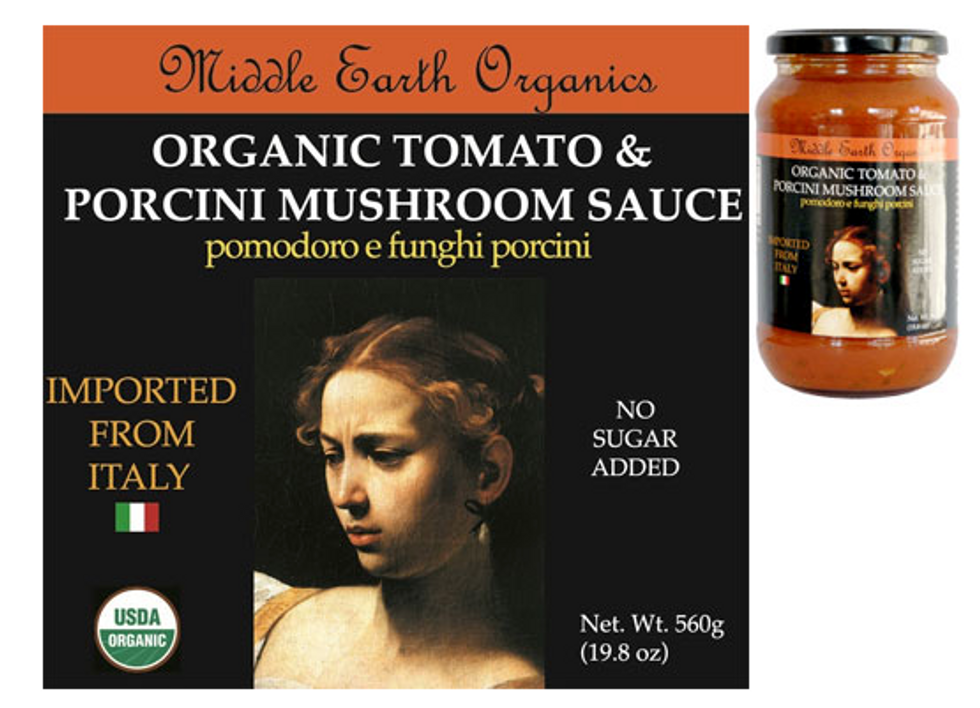 Label for Middle Earth Organics' Organic Tomato & Porcini Mushroom Sauce
Label for Middle Earth Organics' Organic Tomato & Porcini Mushroom Sauce "Judith Beheading Holofernes" by Caravaggio (1599)
"Judith Beheading Holofernes" by Caravaggio (1599)